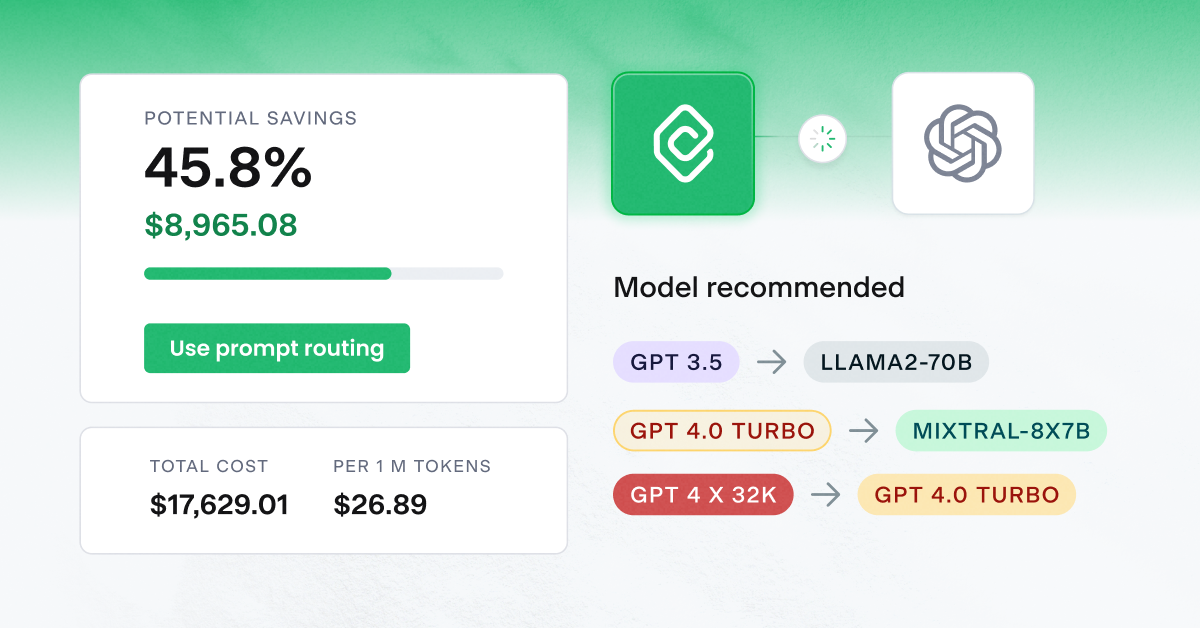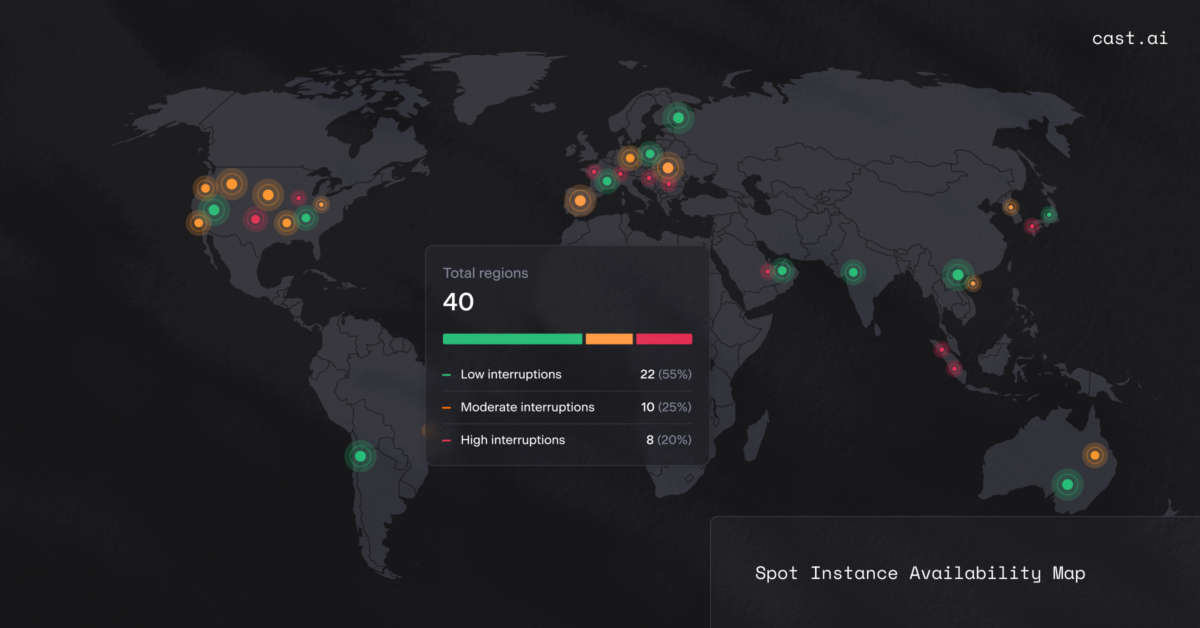This month was brutal, to say the least. Something is brewing in the tech industry, whether it’s just a temporary slowdown or an overture to a full-blown recession.

What happened in the cloud world this May? Keep reading to find out!
Story of the Month: Another Reserved Cloud Fail
Snapchat reported underwhelming revenue and earnings this quarter, and offered even poorer future estimations – causing its stock to plummet by 43% and causing a ripple effect on the entire market.
What’s interesting in this story is the fact that Snapchat is likely giving a large portion of its $1.75 billion in the Cost of Goods Sold (COGS) to cloud providers. Over 40% of Snapchat’s revenue goes to AWS and Google Cloud.
Sure, it made sense for Snapchat to build in the cloud and focus on growth and customer features. But committing to cloud capacity is a problem. Back in 2017, Snapchat committed to spending $1.1 billion on AWS services over five years, ending in 2022.
More and more companies are starting to realize that reserving capacity is not a solution to mounting cloud bills. In last year’s Flexera State of the Cloud report, 52% of AWS users chose reserved instances and 44% savings plans. This year, these numbers are down to 36% and 31%, respectively.
Snapchat’s executive team probably expected the company to grow steadily, but the pandemic and other events causing the current economic downturn proved them otherwise.
There are so many other things companies can do to handle their cloud expenses – automated cost optimization being a chief alternative, as proven by the rise of AI-powered solutions on the market reported by TechCrunch (with a mention of CAST AI).
_____
The Business of Cloud
Falling valuations, dropping VC funding, layoffs reaching 15k in May 2022, hiring freezes… In the looming bear market, tech startups and giants alike are under much pressure. Y Combinator warned its portfolio founders to “plan for the worst,” adding that the downturn is likely to mostly affect international, asset-heavy, low margin businesses, hard tech, and other companies with a long time to revenue.
Broadcom plans to acquire the cloud computing and virtualization company VMware for around $61 billion in cash and stock, assuming the company’s staggering $8 billion in net debt. In today’s economy, this is a thought-provoking move.
Source: Reuters
On a more positive note, AWS will spend $12 billion to expand its Oregon-based us-west-2 region by 5 data centers.
Source: The Register
_____
Security & Outages
Communication is key if you’re in the cloud business. Heroku suffered a breach, acted on it, and then faced a backlash from many confused customers.
Source: The Record
AWS deleted some packages they had previously pushed to public repositories. Hackers sniffed a great opportunity and got their hands on the namespaces, using them to distribute malware.
Source: Mend.io
Security in cloud-native applications is a topic leaders should refresh once in a while. This paper from the CNCF walks you through specific use cases showing how teams faced ransomware incidents.
Source: CNCF of GitHub
_____
Food for Thought
Gartner and IDC expect 90-95% of applications to be cloud-native by 2025. Despite that, only 47% of IT decision-makers understand what “cloud-native” actually means, according to the report Cloud-Native Development: Ready or Not? This begs the question: how will these folks know they’re cloud-native ready in the first place?
Source: OutSystems
_____
Meanwhile at CAST AI
Here are some new product features hot off the press:
- Welcome the Advanced Autoscaler for AKS! This handy feature adds and removes nodes in real-time, always picking the most cost-efficient options. Learn more about our AKS Autoscaler.
- Users can now install our Evictor algorithm via the Autoscaler policy(in the platform’s UI and Terraform instead of the command line. Evictor continuously bin packs pods into the smallest number of nodes to reduce cluster costs.
- We added the concept of a project to the CAST AI console. Previously, if users had clusters with the same name across different Google Cloud projects, Azure Resource groups, or AWS accounts in the CAST AI console, there was no way to differentiate between these clusters. Now, each cluster record also indicates the name of the Google Cloud project / Azure Resource group / AWS account ID.
_____
This series explores the most attention-grabbing cloud technology news, bringing you up to speed with the latest releases, acquisitions, research, and hidden gems in cloud computing – the stuff actually worth reading.
Get the next portion of cloud technology news directly to your inbox.
Get curated cloud industry news straight to your inbox
A monthly roundup of the most notable things going on in the cloud industry. Subscribe below and stay up to date.





Leave a reply